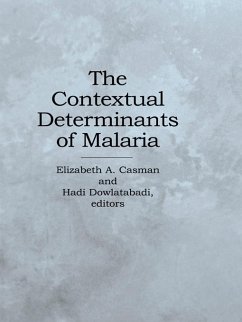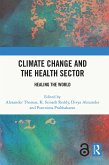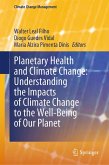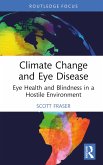As malaria and other tropical diseases continue their resurgence, questions about the potential impacts of environmental and demographic factors are becoming more critical. Recent attempts to understand the increase in malaria incidence often acknowledge the importance of social, economic and other contextual variables, but fail to explicitly incorporate them into models or consider how they evolve in relation to one another. This problem is of crucial interest to the climate policy community, which has been buffeted by claims and counter-claims concerning the impact of climate change on malaria. This important volume examines the contextual determinants of malaria and attempts to develop methods for incorporating them into projections of future incidence. Internationally renowned health specialists, economists, and other social scientists provide regional and global perspectives on risk modeling, the history of eradication efforts, current determinants (including environmental, social, and economic factors), and prospects for new vaccines and drugs. The Contextual Determinants of Malaria argues that an association of climate change with increased malaria incidence will have at least as much to do with human aging, poverty, urbanization, and population movement as with a rise in global temperatures. By placing climate in this perspective, The Contextual Determinants of Malaria focuses attention on the public health needs most critical in both the immediate and long-term future. It encourages multidisciplinary analysis of malaria control, and improves our understanding of the interactions of the diverse range of factors involved in the incidence and spread of the disease.
Dieser Download kann aus rechtlichen Gründen nur mit Rechnungsadresse in A, B, BG, CY, CZ, D, DK, EW, E, FIN, F, GR, HR, H, IRL, I, LT, L, LR, M, NL, PL, P, R, S, SLO, SK ausgeliefert werden.









